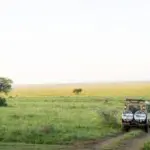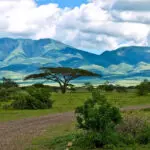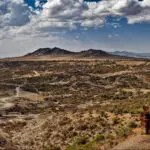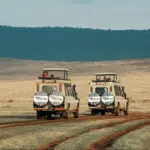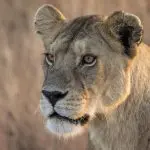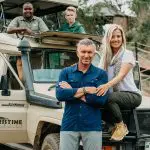Trekking Mount Kilimanjaro:
Millions of people around the world are facing unprecedented difficulties in the face of Covid-19. The tour industry is one industry significantly challenged, with hundreds of thousands of hospitality workers, guides and crews out of work until borders open up and people are comfortable traveling again. Our Mount Kilimanjaro crews, most of whom are porters and cooks from low income backgrounds, depend solely on the income from treks to feed their families. We are looking ahead to June through October, typically high tourist season, with a bleak outlook of few to no bookings, meaning no income for these crews for months or even more.
The work of the Kilimanjaro Porters Assistance Project (KPAP) and its partner companies, like Pristine Trails, is more important now than ever. In our last blog we highlighted the importance of booking your trek with a partner of KPAP. Below we’ve explained even more about what KPAP does and the values for which it stands, all important values that are key to our business at Pristine Trails as well.
WHAT EXACTLY DOES KPAP DO?
The Kilimanjaro Porters Assistance Project (KPAP) raises public awareness regarding proper treatment of porters on Kilimanjaro, assists climbing companies with implementation procedures that ensure treatment of their porters, lends climbing gear to porters and other mountain crew free of charge and offers educational classes to empower and motivate porters and mountain crew as funding allows.
Joining KPAP is voluntary and all climbing companies are welcome to participate with IMEC’s Partner for Responsible Travel Program; there is no cost to join. KPAP performs ongoing monitoring activities to ensure the partner companies follow the Guidelines for Proper Porter Treatment.
Trekking Mount Kilimanjaro: Partner for Responsible Travel Program
KPAP monitors the company’s treatment practices to determine if a company is meeting the proper treatment guidelines. Monitoring activities take place year-round and include:
- Porter questionnaires and interviews
- Examination of partner company’s salary distribution methods
- Review of partner company’s tipping procedure
- Audit and reporting by a KPAP investigative porter on all partner company climbs
- Provide feedback and suggestions for improvements
Support in Times of Crisis i.e. COVID-19
KPAP has stepped up to address the unprecedented COVID-19 pandemic and what it will mean for porter employment. In the months following the pandemic, porters will not only lose income, but they also suffer from a lack of benefits such as paid leave or unemployment. KPAP has been working with us as a company to collaborate, identify and respond to the need of the porters and guide communities. Safe hygienic and social distancing practices as well as financial budgeting tips were translated into Swahili and sent out to companies to share with our crew. KPAP is also working with companies to encourage fundraisers from past clients and more.
Data Collection of Industry Practices
The Partner for Responsible Travel Program has proven to be instrumental in facilitating improvements of porter treatment on Mount Kilimanjaro. KPAP collects seasonal data on porter treatment including porter wages, tipping, bag weight, food provision and tent accommodation. This data is reported annually to Tanzanian government authorities and tour operator associations as well as companies participating with the Partner for Responsible Travel Program.
Public Awareness and Advocacy
KPAP educates climbers with fundamental information concerning proper porter treatment and advocates climbers to make an informed decision in choosing a socially responsible climbing company.
Clothing Lending Program
KPAP receives donated mountain equipment from climbers and organizations. This gear is available free of charge as a loan to porters and mountain crew who cannot afford the proper climbing equipment.
